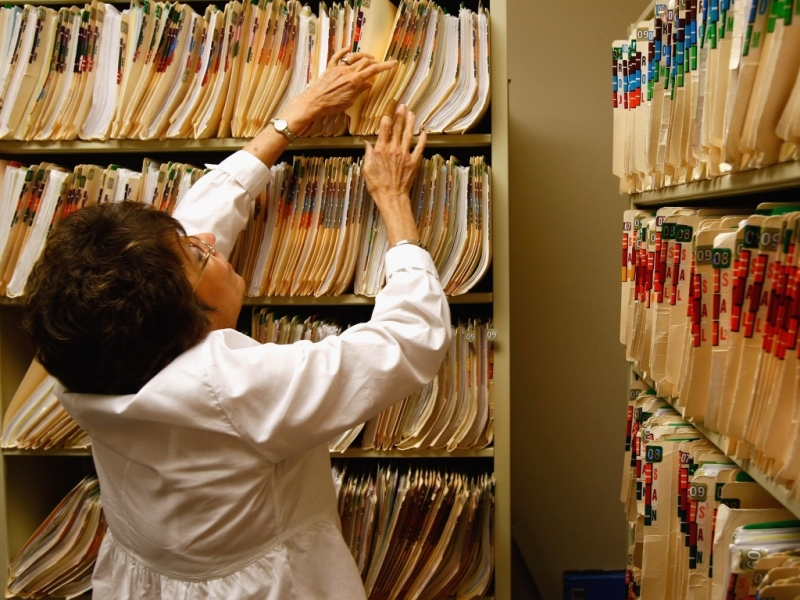Unlocking Success in Healthcare: A Thorough Guide to Medical Coder Billing
Teh healthcare industry is driven by complex interactions between patients, providers, and payers, making accurate billing and coding essential for the financial health of medical practices. In this comprehensive guide, we’ll explore the significance of medical coding and billing, outline the steps to become an effective coder, and provide practical tips that contribute to your success in the healthcare field. Whether you’re just starting or looking to enhance your skills, this article aims to unlock your potential in the medical coding arena.
Understanding Medical Coding and Billing
Medical coding and billing is a critical process in healthcare that involves converting healthcare services, diagnoses, procedures, and medications into universally accepted alphanumeric codes. This system ensures that healthcare providers are compensated for the services they deliver.
The Role of Medical Coders
Medical coders play a vital role in ensuring that all healthcare encounters are accurately documented and coded. This includes:
- Translating medical reports into standardized codes.
- Ensuring compliance wiht regulations and guidelines.
- Facilitating interaction between providers and insurers.
- Exercising attention to detail to minimize claim rejections.
Key Benefits of Efficient Medical Coding and Billing
Investing in effective medical coding and billing practices can lead to numerous benefits, including:
- Increased Revenue: Efficient billing practices lead to faster reimbursements and improved cash flow.
- Error Reduction: accurate coding minimizes claim denials and rejection rates.
- Enhanced Compliance: Staying up to date with coding changes helps avoid legal issues.
- Improved Patient Satisfaction: Clear billing practices foster trust and improve patient relations.
Steps to Becoming a Successful Medical Coder
If you’re passionate about pursuing a career in medical coding, follow these steps:
1. Obtain Relevant Education and Training
Start with a formal education in medical coding or a related field. Many community colleges and online platforms offer certification courses.
2. Get Certified
consider obtaining certifications such as:
- AAPC Certified Professional Coder (CPC)
- AHIMA Certified Coding Specialist (CCS)
- AAPC Certified Coding Specialist-Physician (CCS-P)
3. Gain Hands-On Experience
Internships or entry-level positions will provide you with practical experience. Learning the job on-site enhances your knowledge of medical terminology and coding systems.
4. stay Updated with Industry Changes
Healthcare is always evolving. Regularly attend workshops or webinars to keep abreast of coding updates and changes in laws.
Practical Tips for Medical Coding Success
To excel in medical coding and billing, consider the following practical tips:
- Utilize Technology: Invest in coding software to streamline your workflow and reduce errors.
- Double-Check Your Work: Always review your codes for accuracy before submission to prevent denials.
- Network: Join professional organizations, like AAPC, to connect with other coders and gain insights.
- Document Everything: Maintain detailed records of your coding decisions for future reference.
Case Study: Successful Coding Implementation
Consider the example of a mid-sized hospital that implemented a new coding software package. Before the transition,their claim rejection rate averaged 15%. after adopting the software and training their coding team, the rejection rate dropped to 5% within six months, resulting in a meaningful increase in monthly revenue and improved provider-payer relationships.
First-Hand Experience: A Day in the Life of a medical Coder
As a certified professional coder, my day starts with checking emails from healthcare providers about their coding queries. I then review daily reports for updates on coding guidelines.Throughout the day, I work on assigning codes to patient records accurately, cross-referencing with medical documentation, and preparing claims for submission. The rewarding aspect of this role is seeing how my work directly impacts the healthcare facility’s financial stability.
Tools and Resources for Medical coders
Here are some essential tools and resources to assist in your coding journey:
| Tool/Resource | Description |
|---|---|
| ICD-10 coding Manual | A comprehensive guide for international classification of diseases coding. |
| CPT Codebook | Resource for Current Procedural Terminology used in billing. |
| Medical Coding Software | Tools to streamline the coding process and minimize human error. |
| Online Coding Forums | Communities to ask questions and share knowledge with fellow coders. |
Conclusion
Medical coding and billing is a rewarding but demanding profession that is crucial for the healthcare industry. by understanding its importance and following the steps and tips outlined in this guide, you can unlock your potential for success as a medical coder. Embrace continuous learning, stay updated with industry trends, and employ effective strategies to enhance your skills.In this ever-evolving field, your dedication will help ensure that healthcare providers receive the compensation they deserve while delivering quality care to patients. Remember, success in healthcare isn’t just about codes; it’s about making a difference.



